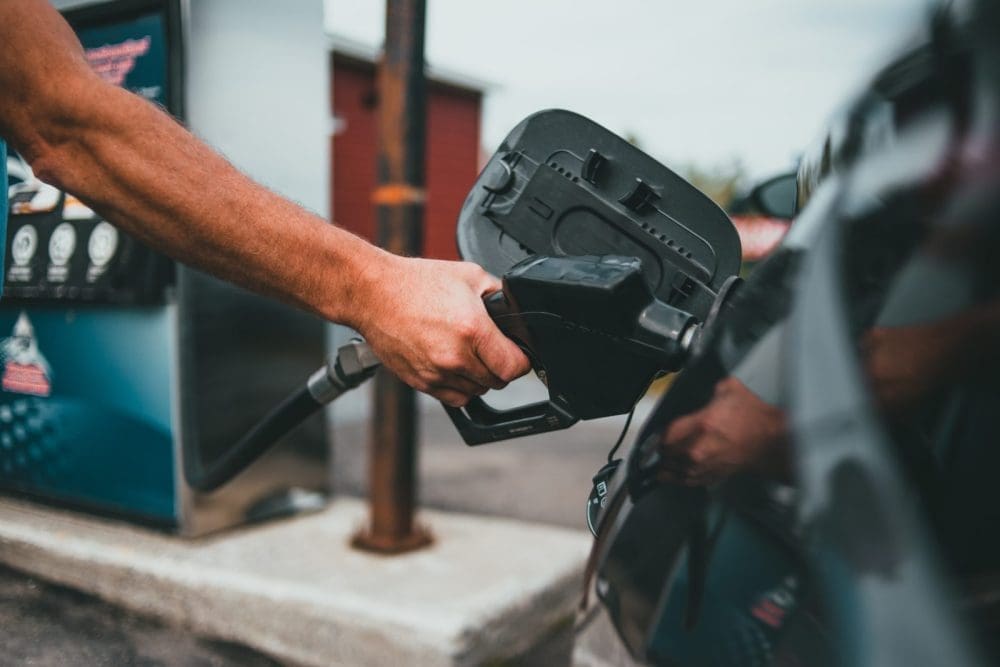Besides Oregon, New Jersey is the only state in the country that prohibits residents from pumping their own gas. Following the early 1900s, cars became more accessible to people of the middle class. Prior to this, mostly the elites, upper class, and engineers were the ones with cars. They acquired fuel mostly via delivery or barrel refill stations, usually at a local supermarket or hardware store. They had to be knowledgeable about vehicles and how they function or wealthy enough to pay someone who was.
However, once people of the middle class began to have access to vehicles, they were not only uninformed about how cars worked but also not wealthy enough to pay a professional mechanic for routine maintenance. Thus, came the well-respected gas attendant who, then, was a lot more knowledgeable about automobiles than the average driver.
The attendants checked fluids, tires, and batteries, and completed maintenance for customers who bought replacements from the gas stations. It was convenient for the customers because they didn’t know how to do it themselves and also beneficial for gas stations as it made upselling easier. An attendant might let one know that their tires should be replaced before their safety is compromised. The average person then, not knowing better, would be inclined to complete the service then and there. They buy the tires from the gas station, and the attendant can replace them quickly and efficiently, charging whatever they wanted for labor. It was what some would call a win-win.

In 1949, following concerns regarding fire hazards, safety compliance, toxic fumes, and car thefts, New Jersey passed the very first Retail Gasoline Dispensing Safety Act. Shortly after in 1951, Oregon adopted a similar bill–making them the only state to follow suit. While Oregon has allowed residents of its least populated counties to pump their own gas, the Garden State will not let up.
While several lawmakers and self-service advocacy groups have commented on the self-service versus full-service debacle, there is one New Jersey-based organization making great strides toward reforming the now 73-year-old bill. Fuel Your Way NJ is a coalition of gas station owners, volunteers, and other parties of interest who are fighting for full-service refueling to be optional. This would result in motorists having a choice between self-service or full-service. Best known for their Self-Serve Day of Awareness on May 13, 2022, they argue that allowing self-service refueling could potentially save residents 10-15 cents a gallon. While many fear that they won’t hold up their word, gas stations that are part of the coalition claim that the money saved on paying attendants will be used to make the price of gasoline cheaper.

There are, though, many issues with the arguments made to support self-service. One is the claim that New Jersey residents pay more for gas than those in the neighboring states due to the prohibition on self-service. This is false, as gas prices are about 3 cents less than the 2022 national average and up to 14 cents less than in New York, a self-service state. Gas prices are majorly comprised of taxes, crude oil, and other costs associated with conducting business like equipment, rent, and insurance. That said, permitting self-service at the gas pump is unlikely to make much of a difference for New Jersey residents.
Furthermore, it seems that the folks spearheading the self-service movement have stakes in the oil and retail gasoline industries, causing a conflict of interest. The founders of self-service movements are not residents who want the right to choose but more so investors, business owners, and other related parties who are using their influence to spread propaganda for their own financial gain. There is nothing in place that will hold businesses accountable for making gas cheaper, having full-service pumps available to people who live with disabilities, nor ensuring job security for gas attendants who rely on their salaries to live.
Dyquan Waters is an Editorial Intern at New Jersey Digest who loves cooking plant-based meals and going camping. When he's not watering his plants, Dyquan enjoys brewing his own tea.
- Dyquan Watershttps://thedigestonline.com/author/dwaters/
- Dyquan Watershttps://thedigestonline.com/author/dwaters/
- Dyquan Watershttps://thedigestonline.com/author/dwaters/
- Dyquan Watershttps://thedigestonline.com/author/dwaters/


